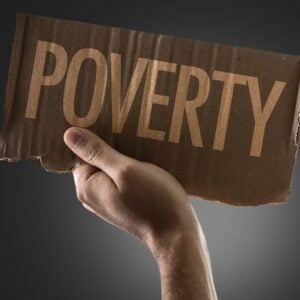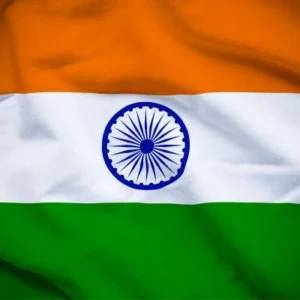Bolivia has become the 14th country in Latin America to ban child marriage, following a sustained campaign led by girls across the country and organizations including Save the Children, IPAS Bolivia, and Coordinadora de la Mujer. The Bolivian parliament passed legislation this week prohibiting marriages and civil unions involving children, ending the previous legal exception that allowed 16- and 17-year-olds to marry with parental or guardian consent.
The new law amends Bolivia’s 2014 Family and Family Procedure Code, criminalizing any marriage or union with a child under 18. Officials who register such marriages can face up to four years in prison. This legislative change follows four years of research, advocacy, and engagement with political groups and girls themselves, revealing the extent and harmful consequences of child marriages in Bolivia.
Official data indicates that approximately 3% of Bolivian girls are forced into marriage before the age of 15, while 22% marry before turning 18. Between 2014 and 2023, over 4,800 marriages involving adolescents aged 16 and 17 were registered, often with partners two or three times their age, and there have been documented cases of girls as young as 12 being married. Childhood marriages expose girls to severe risks, including sexual and domestic violence, early pregnancies, and school dropout, with indigenous, peri-urban, and rural communities most affected.
Despite progress in Bolivia, child marriage remains widespread globally, with one in five girls married in childhood, highlighting the ongoing challenge despite commitments under the United Nations Sustainable Development Goals to end child marriage by 2030.
Marianela Montes de Oca, Save the Children Bolivia Country Director, described the legislation as a historic achievement for over four million children in the country, particularly girls, and emphasized the need for government officials, civil society, communities, and families to ensure that the law is implemented effectively. She noted that addressing the underlying causes of child, early, and forced marriages is essential to making this legal change a lived reality for all children.
Save the Children has been active in Bolivia since 1985, focusing on education, health and nutrition, child protection, child poverty, governance, and humanitarian support, and continues to play a leading role in advocating for children’s rights across the country.







